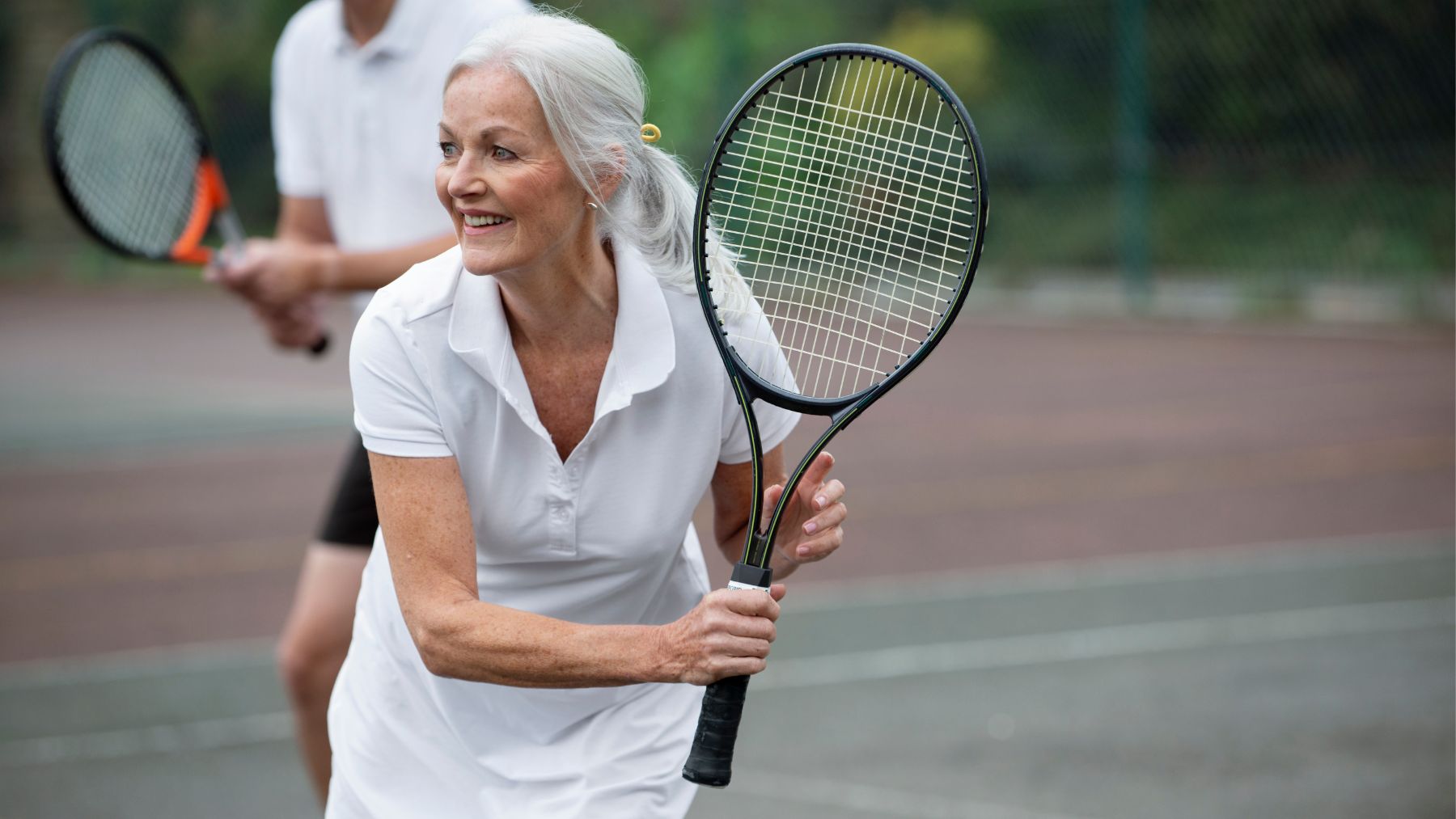Staying active is one of the most effective ways to live longer and healthier. Regular movement through sports not only helps keep the body in shape, but also lowers the risk of chronic diseases, supports mental health, and improves overall quality of life — especially as we age.
But it’s not about spending hours in the gym or pushing your limits daily. According to longevity expert Dan Buettner, the key lies in incorporating physical activity naturally into your routine — and there are a few sports in particular that stand out for their powerful benefits.
Which sports can help you live to 100?
Dan Buettner, known for studying the world’s longest-living populations, highlights racquet sports as the top activity linked to longevity. “People who live the longest tend to play tennis, badminton — and I’d say the best one of all is pickleball,” he says.
Pickleball has become especially popular among older adults for good reason. It’s low-impact, easy to pick up, and — just as importantly — social. Buettner emphasizes that staying connected to others is just as vital for healthy aging as physical fitness. “Playing pickleball gives you the benefits of physical activity, and also the benefits of social connection,” he notes.
This combination of movement and community is what makes racquet sports so effective. Unlike solitary workouts, these games offer a chance to stay sharp, active, and socially engaged — all major factors in living longer.
Which other sports support a longer life?
Second on Buettner’s list is golf — a sport often underestimated in terms of physical demand. While it may seem relaxed, a single game usually involves walking between 7 and 10 kilometers, or roughly 15,000 steps. That kind of regular walking supports heart health, improves blood pressure, and builds stamina over time.
Golf also stimulates the mind. Planning shots, concentrating over long distances, and managing terrain require mental focus and strategy — which helps keep the brain active and reduces cognitive decline. And because it’s played outdoors, it brings the added mental health benefits of fresh air and nature.
The third sport Buettner highlights is cycling, praised for its cardiovascular perks and gentle impact on joints. Ideal for people of all ages, biking is an easy way to stay active without placing strain on knees or hips.
Supporting this, a 2017 study from the University of Glasgow found that people who cycled to work had a 41% lower risk of death from disease compared to those who didn’t. The research also linked regular cycling to a reduced risk of heart disease and cancer — making it a smart, sustainable choice for anyone aiming to age well.
You don’t need to be an athlete to reap the rewards. The message from Buettner and research alike is clear: moving regularly, choosing sports that bring you joy, and connecting with others through activity are simple habits that can extend both your lifespan and your wellbeing.
So whether it’s a casual game of pickleball, a walk across the green, or a relaxed bike ride around the neighborhood — these activities might just help you reach 100, feeling good along the way.

